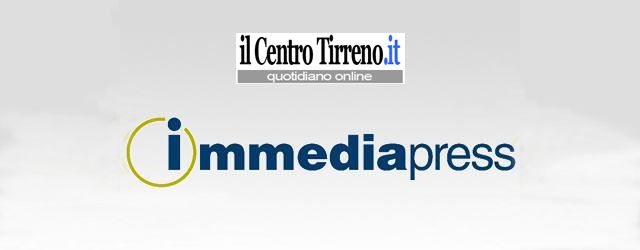RDN Position Paper Published in Journal of Hypertension in Light of Growing Clinical Evidence
ATHENS, Greece, Sept. 14, 2021 /PRNewswire/ -- European Society of Hypertension (ESH), the leading hypertension (HTN) society in Europe, presented an updated position paper on renal denervation (RDN) during the 8th pre-ESH
This position paper written by an ESH expert Working Group confirms that RDN is considered a safe endovascular procedure without significant short-term or long-term adverse effects based on data available up to three years.
"In light of the recent publication of several second-generation sham-controlled clinical trials, we thought it was important to provide an updated position paper on RDN and its role in treating uncontrolled hypertension," said Roland Schmieder, MD, professor of Internal Medicine, Nephrology and Hypertension at the University Hospital Erlangen, Germany and chairman of the ESH Working Group on interventional treatment of hypertension.
RDN is a minimally invasive procedure intended to regulate overactivity of nerves that lead to and from the kidney, which play an important role in controlling blood pressure.
In recent sham-controlled randomized trials and registries, clinically favorable effects of RDN have been consistently demonstrated across a wide spectrum of patients with uncontrolled HTN, in the absence and presence of prescribed anti-hypertensive medications.
''RDN represents an evidence-based option to treat HTN, in addition to lifestyle changes and blood pressure lowering drugs. RDN expands therapeutic options to address the first objective of HTN treatment, to effectively reduce elevated blood pressure and achieve blood pressure targets,'' said Konstantinos Tsioufis, MD, professor of Cardiology at the University of Athens and immediate past president of ESH. "Heightened cardiovascular risk such as evident organ damage or established disease like coronary artery disease or heart failure might be pointing towards treatment priority with RDN in hypertension. Additionally, patients who are unable or unwilling to take medication might be another RDN group, especially in the first stages of the hypertensive disease."
Arterial hypertension constitutes the most prevalent and important risk factor for cardiovascular morbidity and mortality globally despite the availability of pharmacological treatments. In addition, approximately half of individuals with hypertension do not meet guideline-directed blood pressure (BP) goals.
''Many patients with uncontrolled hypertension struggle to adhere to lifelong drug therapy for a variety of reasons and may look to other options that complement traditional treatments," said Reinhold Kreutz, professor of Clinical Pharmacology and Hypertension at the Charité Universitaetsmedizin in Berlin, Germany and president of ESH. "We believe this advance could help clinicians work with patients to better manage their high blood pressure.''
RDN is emerging as the most advanced and efficacious device-based interventional approach to treat uncontrolled hypertension, by significantly reducing central sympathetic outflow. At the Athens pre-ESH meeting, experts discussed various hypertensive profiles that could benefit from RDN including those unable to achieve BP control despite application of guideline-recommended therapies, and those with high baseline cardiovascular risk or comorbidities or poor tolerance to medications.
''The shared decision-making process is important and it's during that process that patients could select RDN as a treatment option in addition to lifestyle changes and BP lowering drugs. In other words, RDN expands hypertension therapeutic options as an alternative and not as a competitive treatment," said Professor Schmieder.
About the European Society of Hypertension Working Group on Interventional Treatment of Hypertension The ESH Working Group Interventional Treatment of Hypertension serves as a forum of discussion, debate and exchange of scientific knowledge and clinical experience in the emerging field of interventional treatment of hypertension. The collaboration of scientists working in this field through the Working Group Interventional Treatment of Hypertension leverages past experience and help to set visionary and achievable future goals towards better treatment of hypertension.
About the European Society of Hypertension Meetings The annual European Hypertension Meetings offer the highest quality scientific programs related to research in Basic and Clinic areas in Hypertension with State-of-the-Art Lectures, Satellite Symposia, Teaching Sessions and credits for qualifying as Hypertension Specialists of the European Society of Hypertension.
Media Contact: Amy Questo indirizzo email è protetto dagli spambots. È necessario abilitare JavaScript per vederlo.+1-703-739-8343



















